Faculty
Faculty Spotlight: Kristina Olson wins the NSF Alan T. Waterman Award
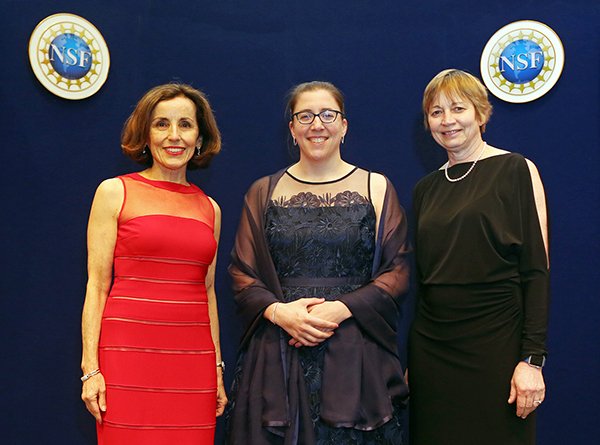 |
| France Cordova, Kristina Olson, and Maria Zuber Photo: NSF/Rich Riggins |
Recently the National Science Foundation (NSF) awarded UW psychologist Kristina Olson the 2018 Alan T. Waterman Award, which is the nation's highest honor for early career scientists. Professor Olson was recognized for her innovative contributions to understanding children's attitudes toward and identification with social groups, early prosocial behavior, the development of notions of fairness, morality, inequality and the emergence of social biases. Kristina Olson is the first psychologist to receive the Waterman Award and the first woman since 2004 to receive the honor. As part of the award, Professor Olson will receive a five-year, $1 million research grant. We recently asked Professor Olson how she felt about receiving the prestigious NSF Alan T. Waterman Award:
1) What does it mean to you personally receiving the NSF Alan T. Waterman Award?
I am surprised, humbled, and honored to receive the Waterman Award. It meant a lot to me because I know that winning the award is a reflection of the amazing team of mentors, students, and colleagues that I've had a chance to work with over the last decade.
2) You are the first psychologist to ever receive the Waterman Award. What are your thoughts about NSF recognizing your work in psychology?
To be the first psychologist to win it is exciting, but mostly makes me want to represent the field well. While in DC I had to give several talks and I tried to focus on the contributions of the broader field of psychology because I know that so many people are doing such important work, not just me. I think it is wonderful that NSF and the National Science Board are increasingly recognizing the critical role of psychology in the nation's science agenda.
3) How do you think this award will impact your current research?
This award will allow me to try out some riskier ideas and move my work in some new directions. For example, I'm hoping to use this as an opportunity to learn more about intersex children's gender development. These are individuals whose sex at birth is not clear - they cannot be easily categorized as male at birth or female at birth. I'm also excited to use some of the money to start a summer internship program. The best way to improve scientific research, in my opinion, is to increase the number of people who are doing scientific research. I hope the internship can help assure that we have the best pool of future psychological scientists around!
4) What is the mission of your current TransYouth Project?
The TransYouth Project is the first large, national, longitudinal study of transgender children. These are children who are living as a gender that does not align with their sex at birth. It started when I arrived at UW because I realized we had a lot to learn about gender and general human development from this unique cohort of children. This project allows us to gain insight into the lives of transgender children as well as understand the contributors to mental health and well-being.
Behind-the-Scenes Series: What Animals Teach Us About Human Potential
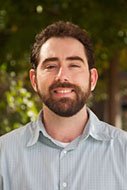 |
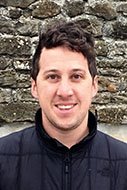 |
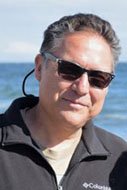 |
| David Gire | Noah Snyder-Mackler | Joe Sisneros |
On March 7, 2018, the Department of Psychology hosted our second Behind-the-Scenes experience to give a small group community members the one-of-a-kind opportunity to get an insider's look at the groundbreaking research being conducted in our faculty's labs.
The evening theme was “What Animals Can Teach Us About Human Potential”, which highlighted three research labs within the department. Alumni and friends of the department visited the labs of Assistant Professor David Gire, Assistant Professor Noah Snyder-Mackler, and Professor Joseph Sisneros. Dr. Gire’s lab tour highlighted his team's current efforts to decipher the octopus mind and understand their cognition in efforts to create the next generation of smart robotics and prosthetics. Dr. Snyder-Mackler’s lab tour highlighted his team's research which addresses questions of why friends matter and how social relationships affect health by altering the cells and microbes that live inside you. Dr. Sisneros’ lab tour highlighted their group’s efforts in understanding how the natural cycling of steroid hormones affect the hearing in a “singing” fish that could provide insights into improving the hearing of older humans. The Behind-the Scenes series continues to be a great avenue to connect psychology research directly to the community.
Celebrating our Retiring Faculty
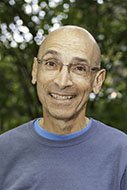 |
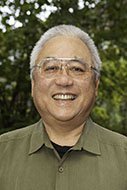 |
|
| Jaime Diaz | John Miyamoto |
Please join the Psychology Department in recognizing the distinguished contributions and service of our faculty who have retired during the 2017-2018 academic year. These faculty leave significant legacies in our undergraduate and graduate programs and we wish them well in their retirements. If you would like to send a memory or message of gratitude and congratulations along, they can be sent to the Assistant to the Psychology Chair. Donations in honor of our faculty can be made here.
Professor Jaime Diaz joined the UW Psychology Department in 1978. Jaime’s is a behavioral neuroscientist who studies the impact of brain development on adult behavior. Jaime taught many undergraduate courses including Introduction to Drugs and Behavior, Neural Basis of Behavior, and Neuroanatomy for the Behavioral Scientist and has been the receipent of numerous teaching awards including the Distinguished Teaching Award and the Davida Teller Distinguished Graduate Student Faculty Mentor Award. Jaime is also the author of the textbook "How Drugs Influence Behavior".
Associate Professor John Miyamoto joined the UW Psychology Department in 1984. John is a quantitative psychologist with keen interests in Bayesian statistics and modeling, Mathematical Psychology, Preference & Utility Theory, Cognitive Theories of Deductive & Inductive Inference and Medical Decision Making. John has taught many classes in the department including Cognitive Psychology, Psychology of Judgment and Decision Making, and Advances in Quantitative Psychology.
Congratulations on your impactful careers and your retirements, Jaime and John!
Faculty Awards
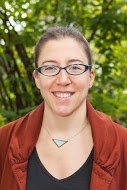 |
 |
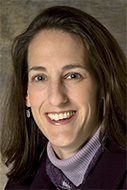 |
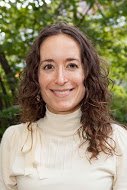 |
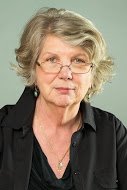 |
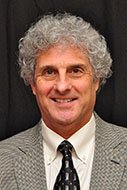 |
| Kristina Olson | Jaime Diaz | Jane Simoni | Katie McLaughlin | Marsha Linehan | Andy Meltzoff |
Associate Professor Kristina Olson received the prestigious Alan T. Waterman Award from the National Science Foundation. Dr. Olson is the first UW faculty member, and first psychologist, to receive the award in its history.
Professor Jaime Diaz was selected by the UW Latino Center for Health and recognized at the Latinx Recognition Ceremony on May 2 as part of an annual event that honors the scholarly achievements of Latina and Latino faculty across the tri-campuses of the University of Washington.
Professor Jane Simoni was named a High-End Foreign Expert in China in association with Central South University in Changsha, China. In addition, Prof. Simoni was recognized as part of the High-Level Talent Program with the Jiao Tong University School of Nursing in Shanghai, China where she does clinical research at the Xianhua hospital.
Associate Professor Katie McLaughlin was nominated for the Distinguished Teaching Award by the Center for Teaching and Learning.
Professors Marsha Linehan and Andy Meltzoff were honored as part of the "Top 50 Most Influential Psychologists in the World" by TheBestSchools.org.
Professor Andy Meltzoff was awarded the 2018 ‘Whole Child Award’ by the Simms-Mann Institute for outstanding work on behalf of children.